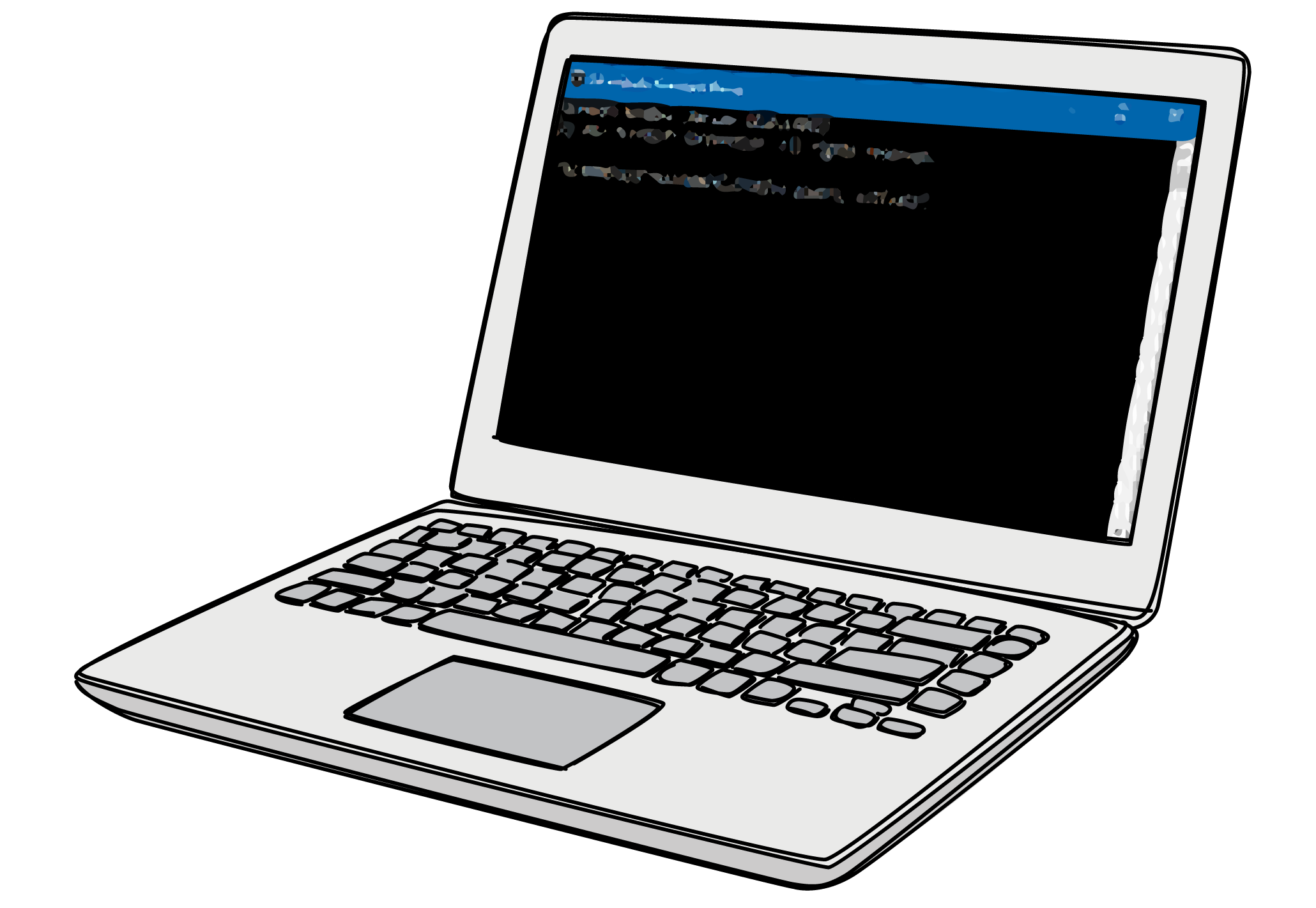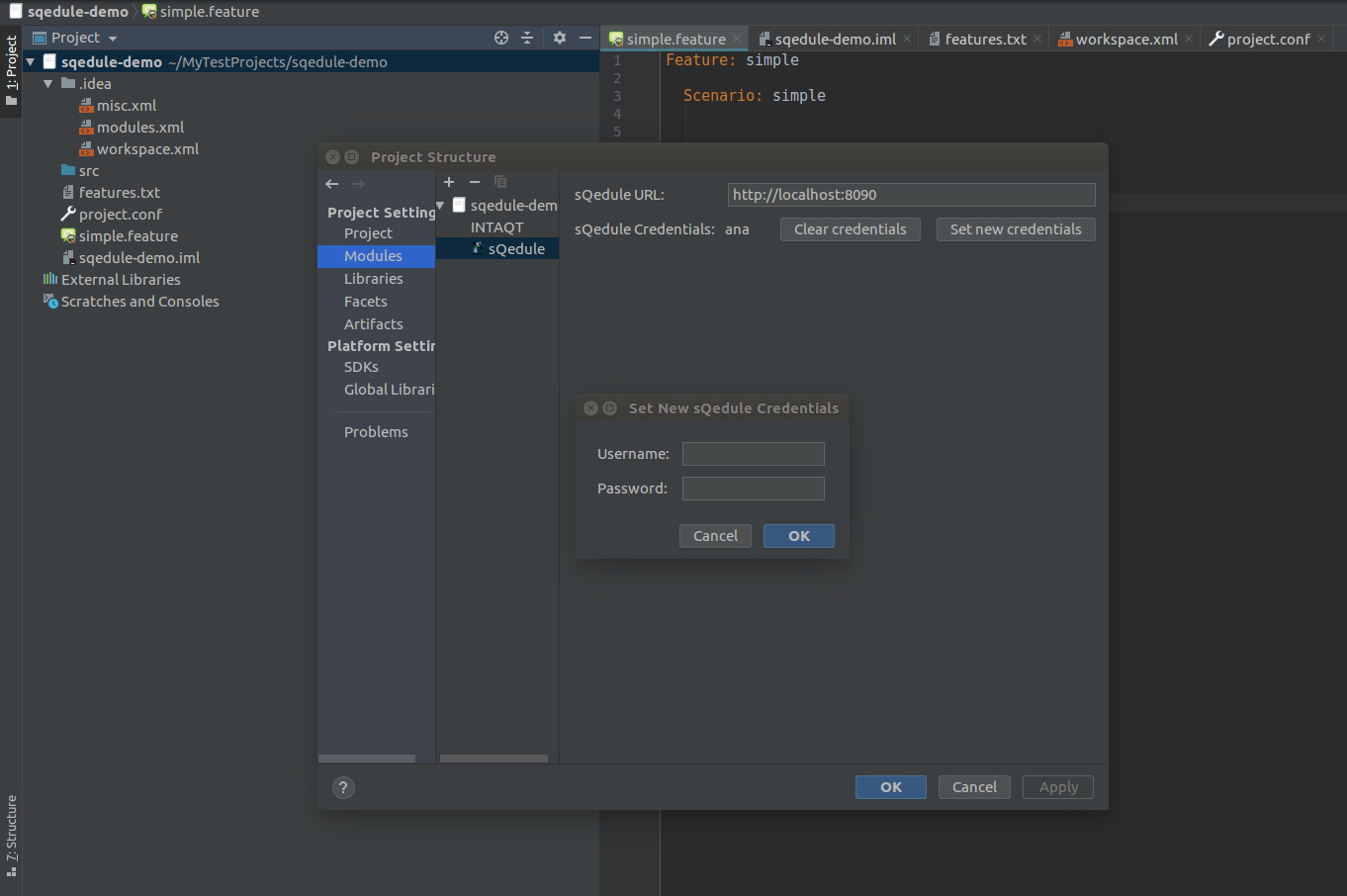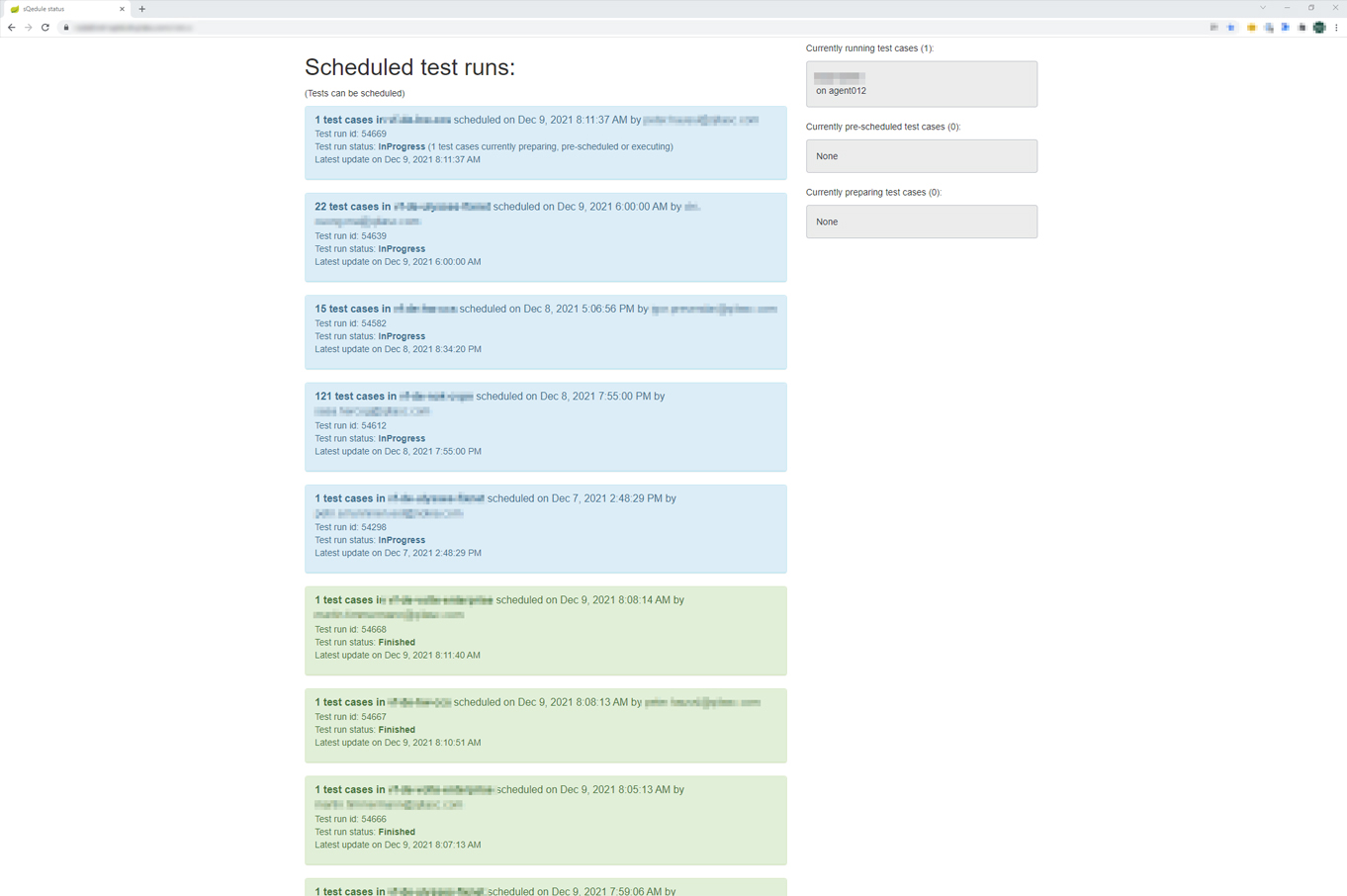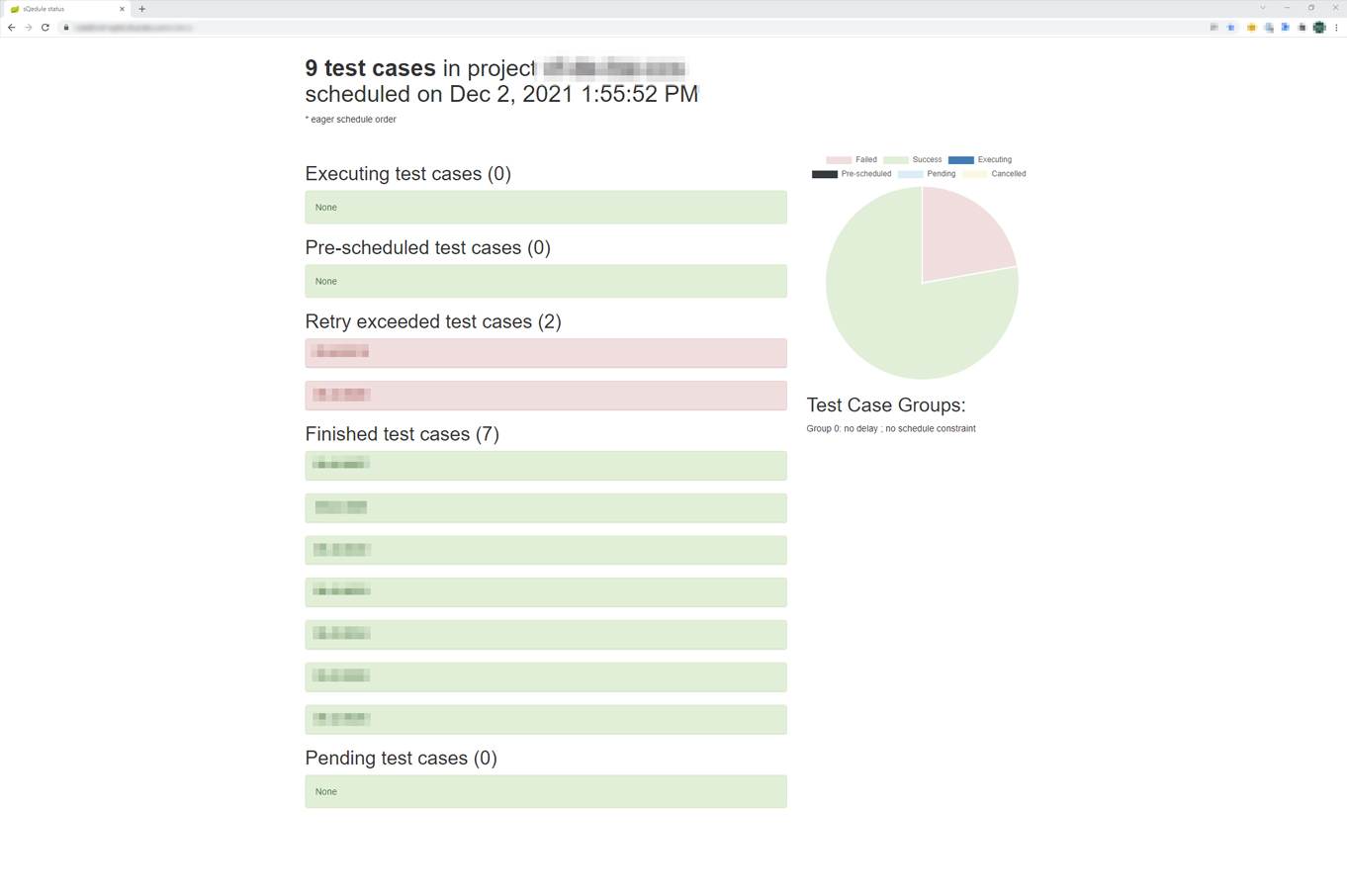

Resource-aware, intelligent scheduling service
QiTASC’s sQedule is a resource-aware scheduler that schedules tests on intaQt® agents. sQedule then evaluates and allocates phones to test cases based on availability and priority. sQedule always executes the maximum number of possible test cases by optimising the test cases’ properties and available devices. This increases the amount of testing while preventing failures due to unavailable phones or incorrect test case selection.
The purpose of sQedule

Select and execute intaQt®-test cases with sQedule

Assign the correct devices to each test case based on availability

Ensure the optimal combination of test cases and devices is running at any given time

Reduce or eliminate test case failures that occur when devices aren’t available


Cross-platform functionality
sQedule is fully compatible with Windows, Linux and macOS. All the features and parameters listed below can be run and specified from within intaQt studio® or via standard command-line interfaces.

Customizable scalability
Resource-aware scheduling helps teams scale up their test execution volume. This is done by automating the selection and prioritising and scheduling tests that do not need human supervision such as regression tests. Furthermore, sQedule’s resource-aware intelligence allows it to execute several magnitudes more of test cases than would be possible with a team of testers.

Reduce testing costs for your team
Because sQedule takes over time-consuming manual activities such as test case assignment, scheduling and prioritisation, it reduces the number of intaQt® licences that teams need. This is especially helpful for small teams with limited budgets. For example, if you have a team of five testers who aren’t always running test cases at the same time, one or two floating intaQt® licences and one sQedule subscription is a cost-effective alternative to purchasing individual licences to cover each tester in the team.
Despite having fewer intaQt® licences, your team will still see an improvement in its output. By allocating test suites to sQedule, it also leaves your testers with even more time to focus on complex tests and urgent tasks.

The sQedule Client
The sQedule command-line tool provides the same functionality and scope for customisation as the UI. Teams that use continuous integration environments such as Jenkins or TeamCity can therefore incorporate sQedule into their builds to further increase levels of automation across projects.
Like the UI, sQedule CLI lets users define
- Which tests (features) to execute
- When tests should be run
- How many times to retry tests upon failure
- What type of order (eager, random or sequential) to use
- The maximum number of parallel test case executions
- Delays between test cases, such as for cool-down periods
- The sQedule server URL
- Optional authentication credentials

Additional features
sQedule also supports more advanced configuration options for more complex test case scheduling use cases, such as
- Recognising configuration switches or IoT devices
- Schedule constraints, such as time constraints where certain test cases are only run on even days or during the last quarter of an hour
- Test case grouping mechanisms to automically schedule constrained groups of test cases
The ui of sQedule
sQedule is available as a user interface within intaQt studio® and as a command-line tool. The user interface lets users specify parameters so that tests are optimally executed. You can access by right-clicking on the project file, clicking on Open Module Settings or by tapping the F4 key.
The UI lets users define:
- Which tests (features) to execute
- When tests should be run
- How many times to retry tests upon failure
- What type of order (eager, random or sequential) to use
- The maximum number of parallel test case executions
- Delays between test cases, such as for cool-down periods
- The sQedule server URL

sQedule user interface

Click on Modules to type your username and password under Set new credentials.

Optionally, the sQedule UI lets users define authentication credentials.
Table of contents
List of other software tools


Runtime environment for test automation framework

Test case development UI

Command-line interface of the test automation framework

Charging verification

Web-based test case development UI











